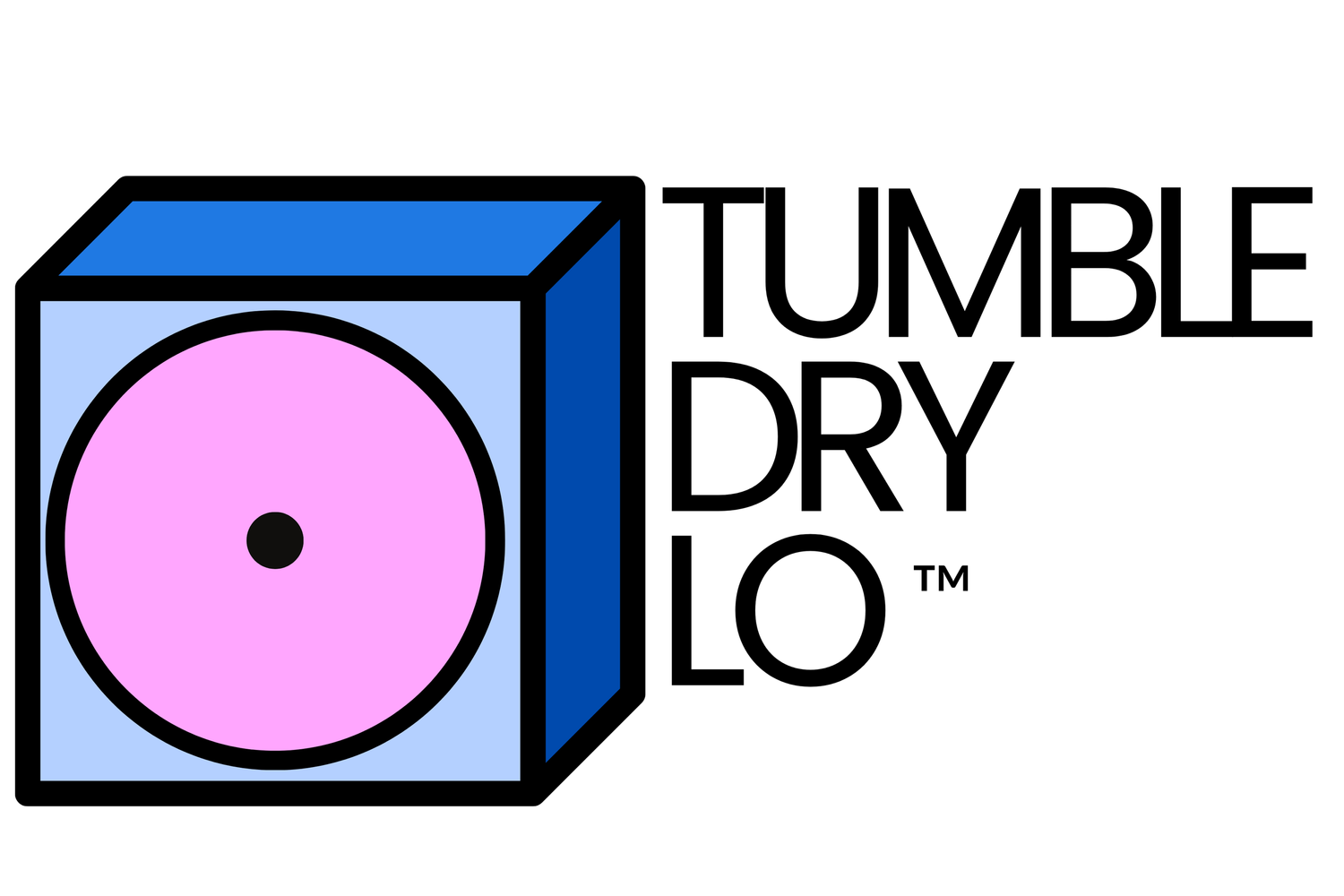Neurodivergent Leadership: Lessons from Cherry Cobbler, ADHD, and a Culture of Silence
Neurodivergent Leaders
The Lo Down: You can lead with your whole brain — and still lead with care.
“Don’t talk back. Don’t question me. Pray about it. Because I said so.”
Those were phrases I heard often growing up — from my family, from the culture, from the caretakers around me.
They weren’t cruel. They were surviving. They didn’t always have the time or capacity to make space for the questions I needed to ask — questions that came from a brain that just needed to know.
But I learned early: don’t ask “why.” That word alone could feel like disrespect.
I remember once, my great-grandmother — Bigmama — slapped me. Just once. Just that one time. And I never forgot it.
It was in the kitchen. She was making her famous cherry cobbler. I stood by the door, fascinated, asking a million questions about everything she was doing.
She answered most of them. Until she couldn’t.
At some point, she warned me — gently at first, then more directly:
“If you ask me one more question, I will slap fire from your mouth.”
And then… I asked another question.
WHACK.
I was stunned. Not just by the slap, but by who it came from. Bigmama had never hit me before.
I held my face, my eyes welled up. She looked at me and said,
“I told you — don’t ask me any more questions.”
I didn’t tell my mom for years. I knew I had disobeyed. And where I came from, disrespecting your elders — even by being too curious — could get you in more trouble than the thing itself.
Years later — maybe 3 or 4 years ago — I told my mom the story.
She said, “Oh, I think your Bigmama had ADHD.”
And just like that, something clicked.
My mom said she remembered her mom shutting down when there were too many questions, or when she got overstimulated. And I thought, Wow… same.
Because when I’m overloaded — when I’m bombarded with voices, noise, tasks, emotions — my brain locks up.
I can’t respond. I need space. I need systems.
The cherry cobbler moment became a full circle story for me.
It made me see that I wasn’t broken.
Neither was she.
We were both wired differently.
And for years, I had managed this “difference” without knowing what to call it.
But once I was diagnosed with ADHD as an adult, so many things finally made sense.
I’d always felt like the underdog — in school, in leadership, even in my own head.
Other people could read faster, grasp quicker, stay on top of details I struggled to hold.
But I pressed harder. I fought differently.
I built systems to support what I now know were executive functioning gaps.
– I used a “second brain” system before I knew that was a thing.
– I took notes in leather-bound journals.
– I color-coded everything.
– I created tools and templates to help my team prepare before meetings, so I could process in advance.
– I used bold fonts and clean layouts — not for flair, but for clarity.
Those systems weren’t cute. They were survival.
And now? They’re my superpower.
But I’ll be honest — I’ve also learned to name my kryptonite.
In my last leadership role, I was often in back-to-back meetings with dozens of staff, faculty, students, and stakeholders.
I was great under pressure — until I wasn’t.
Sometimes I’d ask people to pause. Repeat things.
I’d write down every word so I could follow later.
I’d block off “do not disturb” hours on my door and calendar.
I’d hold mid-year retreats and 1-on-1 check-ins not just to evaluate my team, but to ask, How am I leading you? What can I do better?
I didn’t want to be the reason someone on my team was struggling.
And when I started sharing my neurodivergence with them — with honesty, with vulnerability — something changed.
The culture shifted.
They shared more.
We created more compassion.
More room for imperfection.
More trust.
By the spring of 2022, I felt locked in — like I had finally created a workplace that allowed all of us to lead from where we were, not from some idealized version of perfection.
And that’s what I want to share here.
The Lo Down is this:
You can be neurodivergent and still not be a jerk.
You can be different and compassionate.
You can be atypical and still aware.
Being wired differently doesn’t make you better than anyone else — but it doesn’t make you less either.
If you are neuroatypical, embrace it.
Understand it.
Use it.
Apologize when your traits cause harm.
And extend the same compassion to others that you want for yourself.
Because leadership isn’t about masking.
It’s about making space — for yourself, and for the people you're trying to lead.
With Care,
Mo 💓
